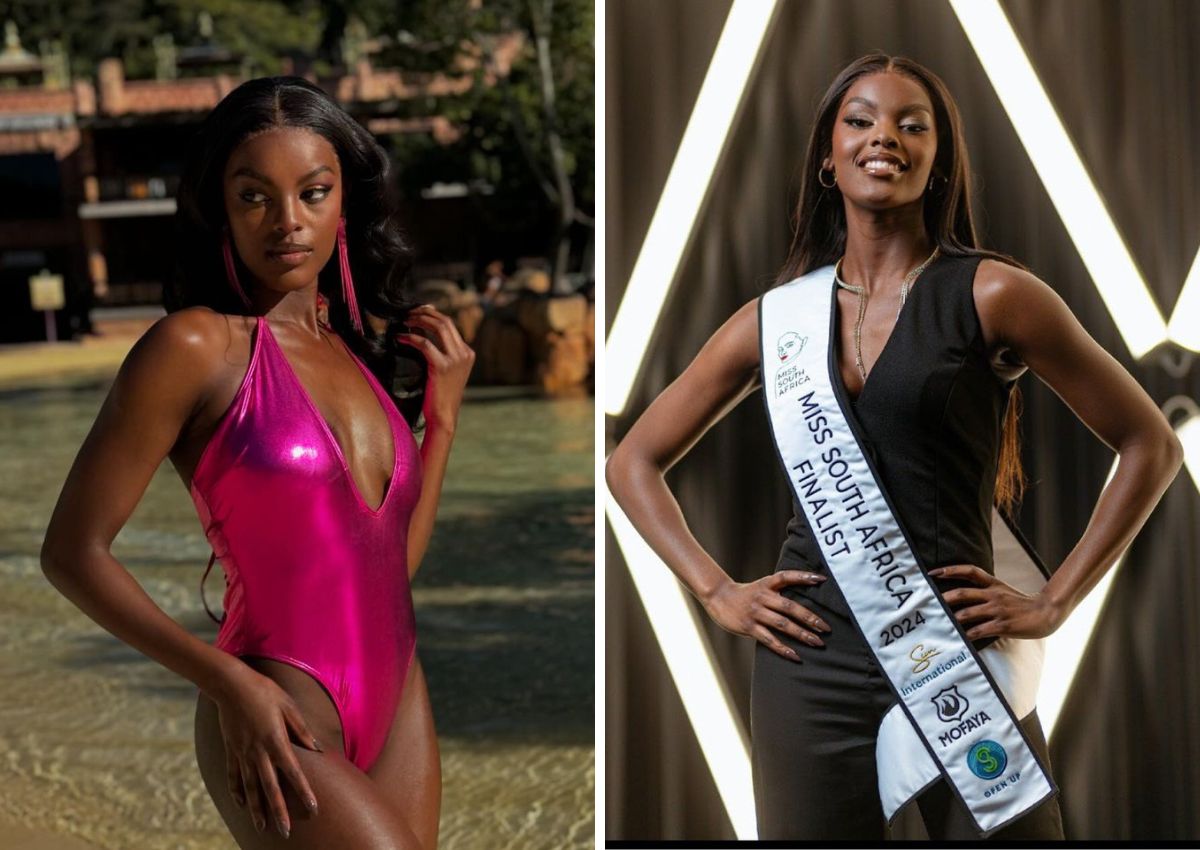
Has the Miss SA competition become too lenient over the years?
Here’s a look at how some of the Miss SA competition rules have evolved over the years, generally becoming less strict.

The controversy surrounding Chidimma’s eligibility in the Miss SA 2024 competition has led many to scrutinize the pageant’s rules more closely.
Here is an overview of how the Miss SA rules have changed over the years. In general, the rules have become less strict.
Tattoos and piercings – taboo in 2016, okay in 2024
The rules of the 2023 and 2024 pageants stipulate that there are no restrictions in terms of tattoos or piercings. The rules for the 2020 pageant also include that applicants will not be disqualified if they have tattoos or piercings.
A few years before that, however, one of the rules clearly stipulated that candidates must not have any visible tattoos. This was still the rule in 2016, for example, according to TVSA.
Divorced? A no-no in 2020, not a problem in 2023
Another major shift through the years is marital status.
The Miss SA 2020 eligibility requirements stipulate that ‘the applicant shall not ever have been married (civil nor customary), nor had a marriage annulled’.
The 2016 rules state that applicants should ‘not be married and never have had a marriage annulled’.
IOL reported that Miss SA organisers have announced that married women can also now enter the pageant as of last year’s pageant.
The latest (2024) requirements state that there are no restrictions in respect of the applicant’s marital status. Additionally, in response to the question ‘Can I be a guardian of a child or have given birth to a child?’ the rules stipulate that there are no restrictions in terms of the applicant’s ‘parental status or appointment as a legal guardian of a child’.
The rule pertaining to motherhood in 2020 stated that applicants cannot be pregnant or have given birth to a child. Also, applicants could not enter if they were parents of a child or if they were the legal guardians of a minor.
It seems as if the rules are changing in the direction of focusing on the person’s achievements, role in the community, etc. and moving away from the physical, e.g. height or weight specifications.
